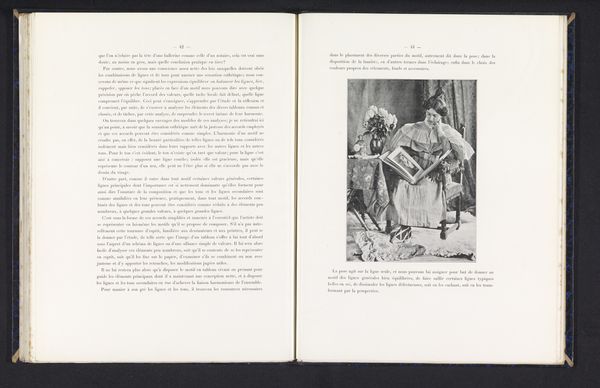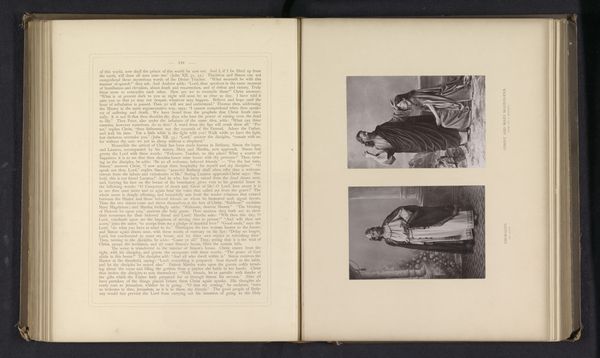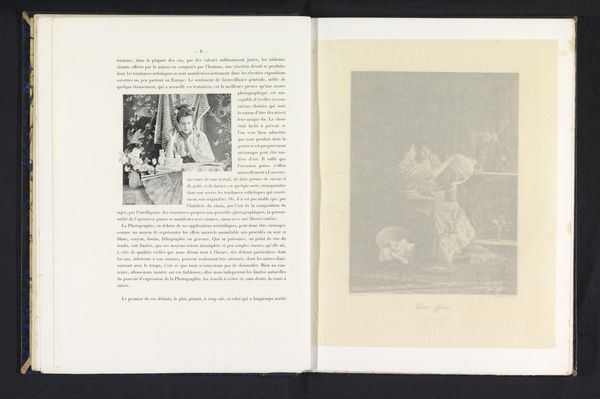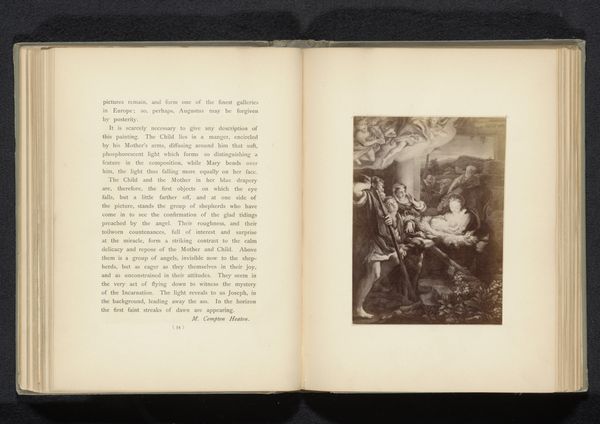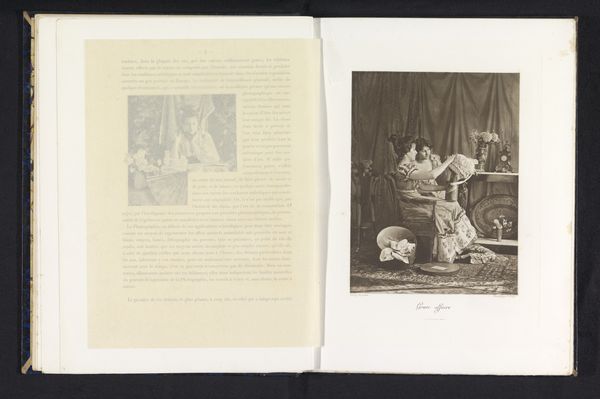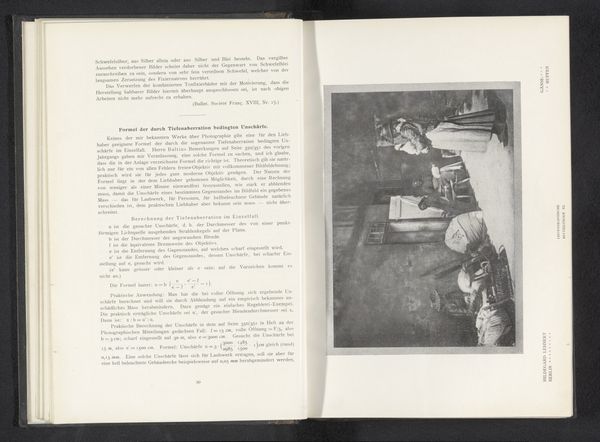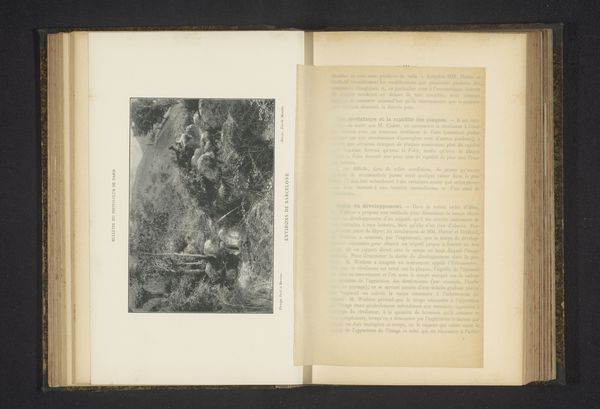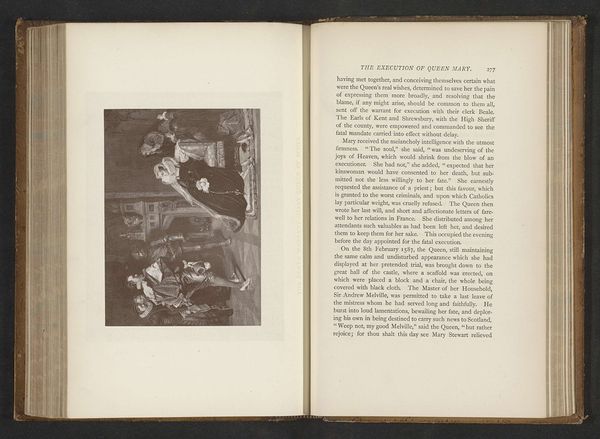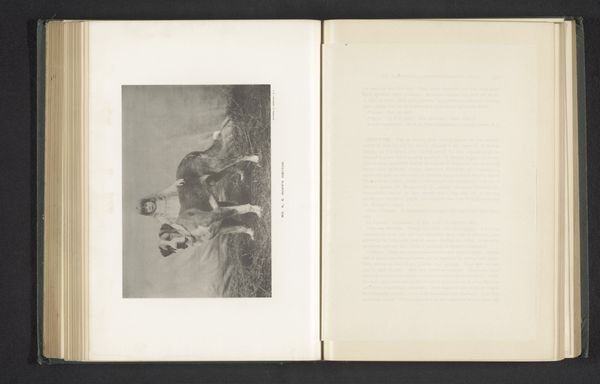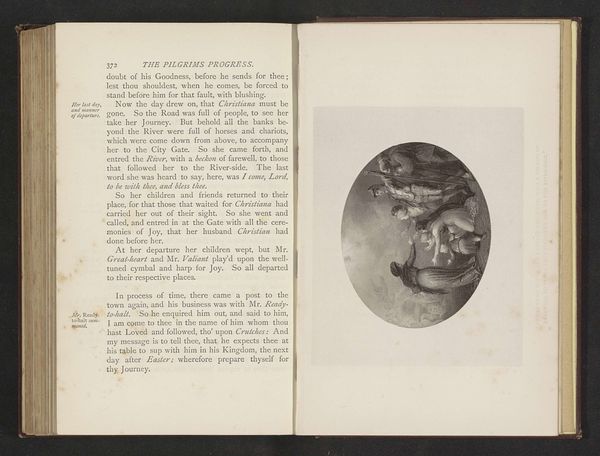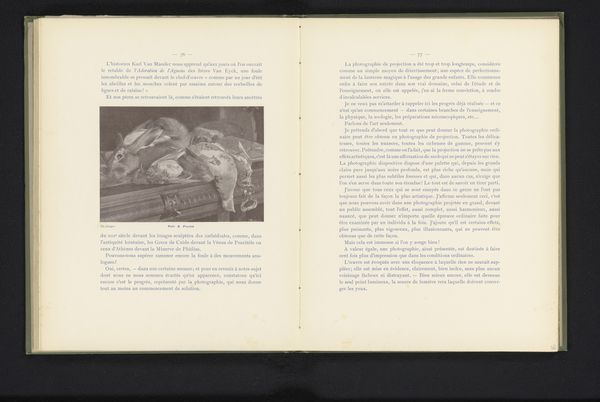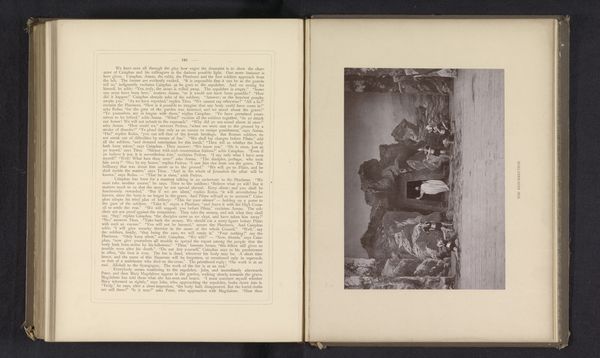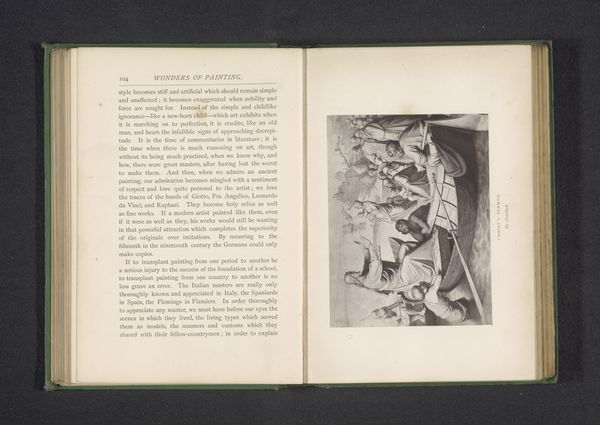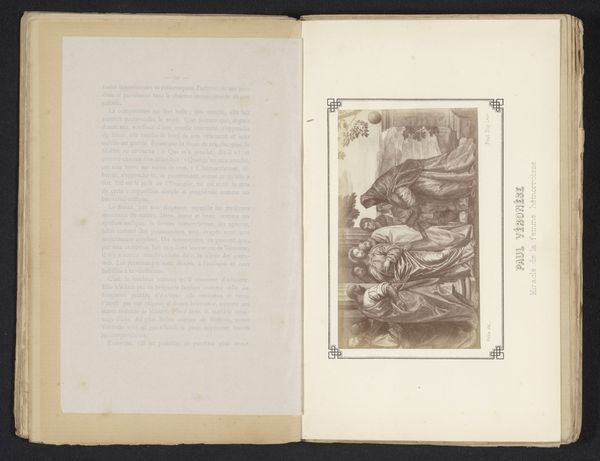
photography
#
portrait
#
pictorialism
#
photography
#
intimism
Dimensions: height 147 mm, width 197 mm
Copyright: Rijks Museum: Open Domain
Editor: This is "Wevende vrouw in een interieur," a photograph taken before 1896 by Constant Puyo. The soft focus gives the scene a hazy, dreamlike quality. It's almost like a peek into a private, intimate moment. What's your interpretation of this piece? Curator: This image invites us to consider the constructed nature of intimacy, doesn't it? The "weaving woman" presented in this soft-focus pictorialist style reflects a yearning for a pre-industrial, domestic ideal at a time of rapid social change. Notice how the model’s pose is strikingly reminiscent of classical reclining nudes. Does the framing suggest something about who had access to this constructed intimacy and who did not? Editor: I see what you mean about the constructed intimacy. It's like a staged scene, even though it's presented as candid. The classical reference makes it seem less intimate, or perhaps it shows how the photographer was making a statement? Curator: Exactly. How might we read the “weaving woman” as a signifier within the historical context of 19th-century gender roles? Think about the rise of bourgeois domesticity alongside increasing demands for women’s suffrage and economic independence. It prompts us to investigate this apparent return to traditional roles, what messages were photographers like Puyo sending? Editor: That's a side to the image I hadn’t really considered. The act of weaving itself feels loaded now – a reference to domestic labor but also to women finding autonomy through creativity. Curator: And the way pictorialism imitates painting allows photography to establish itself as "high art." It’s about power, representation, and claiming space within artistic and societal hierarchies. Editor: I guess I had focused on the softness of the image, without thinking about its potential for such layered meanings. Thanks, that's really opened my eyes. Curator: My pleasure. These seemingly gentle images often hold complex, and sometimes uncomfortable, social and political ideas within their frames.
Comments
No comments
Be the first to comment and join the conversation on the ultimate creative platform.
